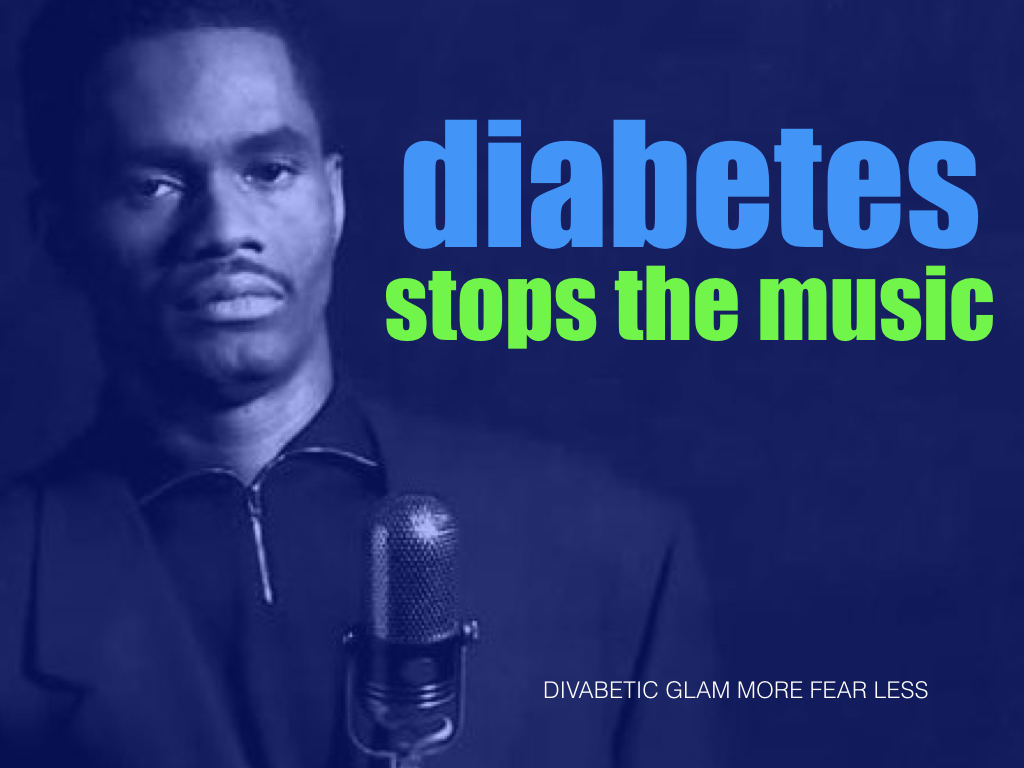Rapper Biz Markie has died. He was 57 years old.
Markie, whose real name was Marcel Theo Hall, was a rapper, producer, and DJ in his career but will forever be known for his quirky 1989 single “Just a Friend.”
The rapper was diagnosed with Type 2 diabetes in 2011, but said in 2014 that he lost 140 pounds since the diagnosis due to healthy lifestyle changes.
“I wanted to live,” Markie told ABC News at the time. “Since I have to be a diabetic, If I didn’t make the changes, it was going to make the diabetes worse. I’m trying to get off [diabetes medications]. The way you gotta do it is lose the weight. I’m off half my meds, I just got to get off the rest.”
“They said I could lose my feet,” he added. “They said I could lose body parts. A lot of things could happen.”
Mr. Divabetic talks with entertainer Keith Anthony Fluitt and Patricia Addie-Gentle RN, CDCES about DJ Frankie Knuckles’s foot amputation and lower limb amputations related to diabetes on July’s Diabetes Late Nite podcast.
‘Just A Friend’ was Biz Markie’s only song to chart in the top 100, but it cemented his legacy in hip-hop forever. The song’s video, which featured the rapper don a powder-white wig as he played the piano and belted out the classic chorus: “You, you’ve got what I need/ but you say he’s just a friend/ and you say he’s just a friend/ oh baby, you, you’ve got what I need.” helped to make the tune iconic.
Biz Markie also appeared in several films and TV shows, including “Men in Black II,” as a narrator on the adult puppet show “Crank Yankers,” and on the children’s series “Yo Gabba Gabba!” with his “Biz’s Beat of the Day.”
“The weirdest thing about my fame is that when I’m thinking that it’s almost over, it just sparks back up,” Biz Markie told the Post. “I made ‘Just a Friend’ in ’89. Some people’s records die — it sprouts up. Now it’s 30 years later, and it’s sprouted up again in commercials. They’re not letting me die. The public, the fans, they like me around.”
“I’m going to be Biz Markie until I die,” he said. “Even after I die, I’m going to be Biz Markie.“
Phife Dawg of A Tribe Called Quest also passed away from the same complications back in 2016. The iconic rapper and lyricist passed away at the age of 45 after facing a battle with his diabetes diagnosis.
We’re focusing on ‘KIDNEYS and DIABETES’ on this episode of Diabetes Late Nite with musical inspiration from A Tribe Called Quest.
Phife Dawg, born Malik Taylor, was diagnosed with type 1 diabetes in May of 1990. Experiencing constant thirst and bathroom visits, his grandmother, a nurse, tested him for diabetes after a performance in Connecticut. Initially, Phife admitted he did not take his diagnosis seriously and maintained the same lifestyle.
“It’s really a sickness,” Taylor said in Beats, Rhymes & Life, Michael Rapaport’s candid 2011 documentary on the group. “Like straight-up drugs. I’m just addicted to sugar.”
Phife’s initial resistance to treatment made it necessary for him to go on dialysis followed by a kidney transplant in 2008. This past March he died at age 45.
“When you learn you have diabetes, the first word you have to learn is acceptance,” he said during an interview with dLife TV hoping to encourage others to learn from his mistakes.
June’s Diabetes Late Nite podcast guests include MaryAnn Nicolay DTR, Dr. Braxton Cosby, Patricia Addie-Gentle RN, CDCES, Poet Lorraine Brooks, Funny Man Mike, Arnon Krongrad, MD, Catherine Lawrence, and Mama Rose Marie.
We will be featuring selected songs from their first album, People’s Instinctive Travels and the Paths of Rhythm, released in 1990, courtesy of SONY MUSIC.










